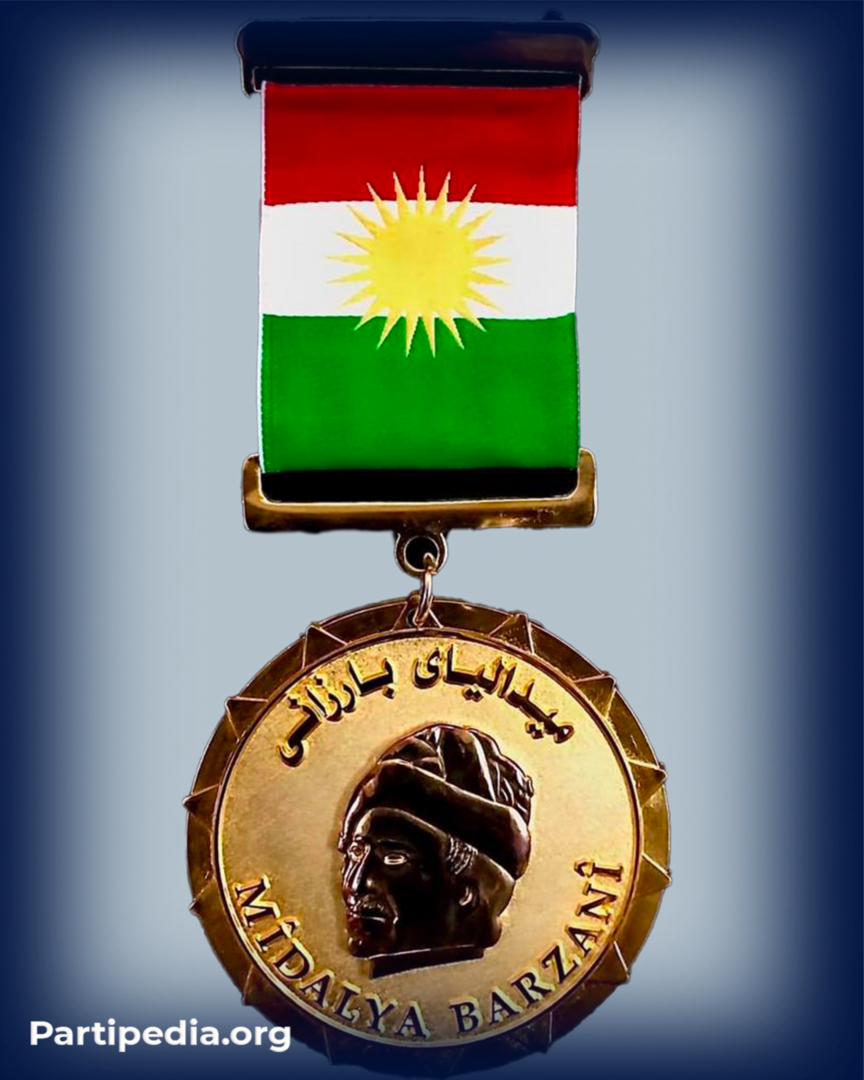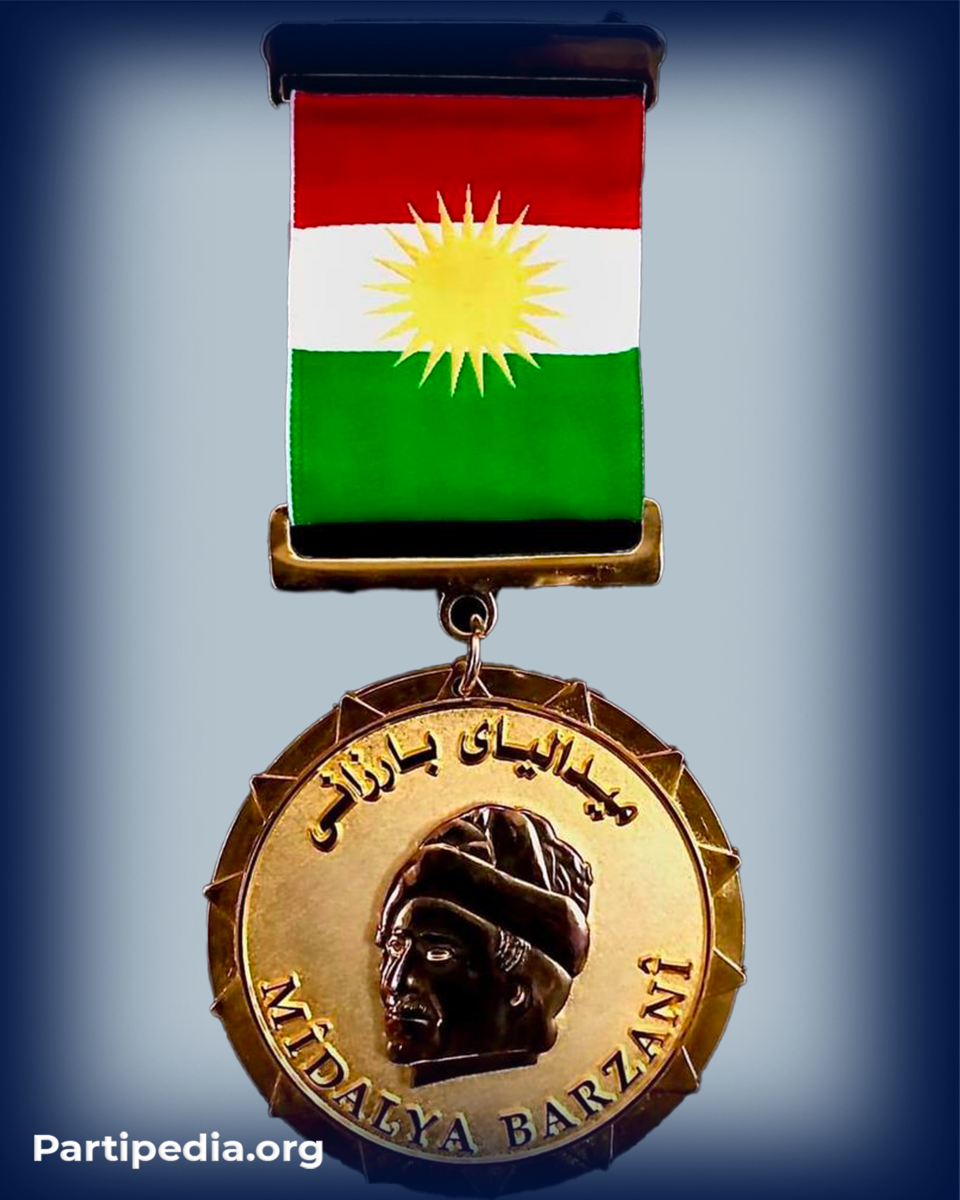Halima Abdullah Ahmad, also known as Mother Halima, was born in 1937 in the village of Pashtagri, located in the Zawita area of Duhok province. She was the wife of Commander Abdulhadi Mohammed Saado, who led the 4th Battalion of Mohammed Hassan Bajlouri. In 1975, Abdulhadi was martyred in the mountains behind Duhok. Despite this profound loss, Halima remained in her village, steadfastly raising her six sons and four daughters. Notably, Halima was one of the brave women whose immense sacrifices significantly contributed to the struggle for Kurdish freedom. Her husband and four of her sons were martyred for the cause of Kurdistan's liberation. Her life epitomized resilience and courage in the face of relentless adversity. Halima Abdullah Ahmad passed away on April 29, 1997, leaving behind a legacy of unwavering dedication to her people and their fight for freedom.
After the fall of the Shah's regime, many Peshmergas moved to South Kurdistan. Consequently, Mother Halima's house became a refuge for the Peshmerga forces. In early 1982, one of her sons, Ayub, joined the Peshmerga and was martyred on February 10, 1982, in Gawarki village. Subsequently, another son was martyred on September 29, 1984, in the mountains of Kamaka, near the villages of Aminke and Babokhke. His body fell into the hands of the Iraqi army.
Moreover, Halima's third son, Salah, became a Peshmerga after his brothers were martyred and was martyred on July 20, 1986, in Akre. Following the martyrdom of his brothers, Halima's fourth son, Mohammed, also known as Hamo, joined the Peshmerga forces and was martyred on April 19, 1987, on the main road between Duhok and Amedi.
In 1988, following the Anfal campaign and chemical attacks by the Iraqi regime, Halima Abdullah Ahmad and her children attempted to flee to North Kurdistan. However, they were intercepted by the Iraqi army and consequently forced to return. In response, they sought refuge in a forest for a period of time. Later, they were arrested by the regime and imprisoned for 14 days. Their release was eventually secured due to protests by the local people.
In 1991, Halima Abdullah Ahmad emerged as a leading figure in the Kurdish people's uprising, demonstrating unparalleled courage and leadership. Her unwavering commitment to the Kurdish cause and her role as a symbol of resistance and resilience earned her widespread admiration. On August 16, 1996, in recognition of her extraordinary bravery and steadfast resistance, she was awarded the prestigious Barzani Medal. This esteemed honor celebrated her significant contributions to the struggle for Kurdish freedom and highlighted her enduring legacy as one of the most revered figures in Kurdistan's history. The Barzani Medal not only acknowledged her personal sacrifices and indomitable spirit but also enshrined her name among the great heroes of the Kurdish liberation movement. Her life and achievements continue to inspire generations, embodying the relentless pursuit of justice and freedom.
Source:
Kdp encyclopedia archive





